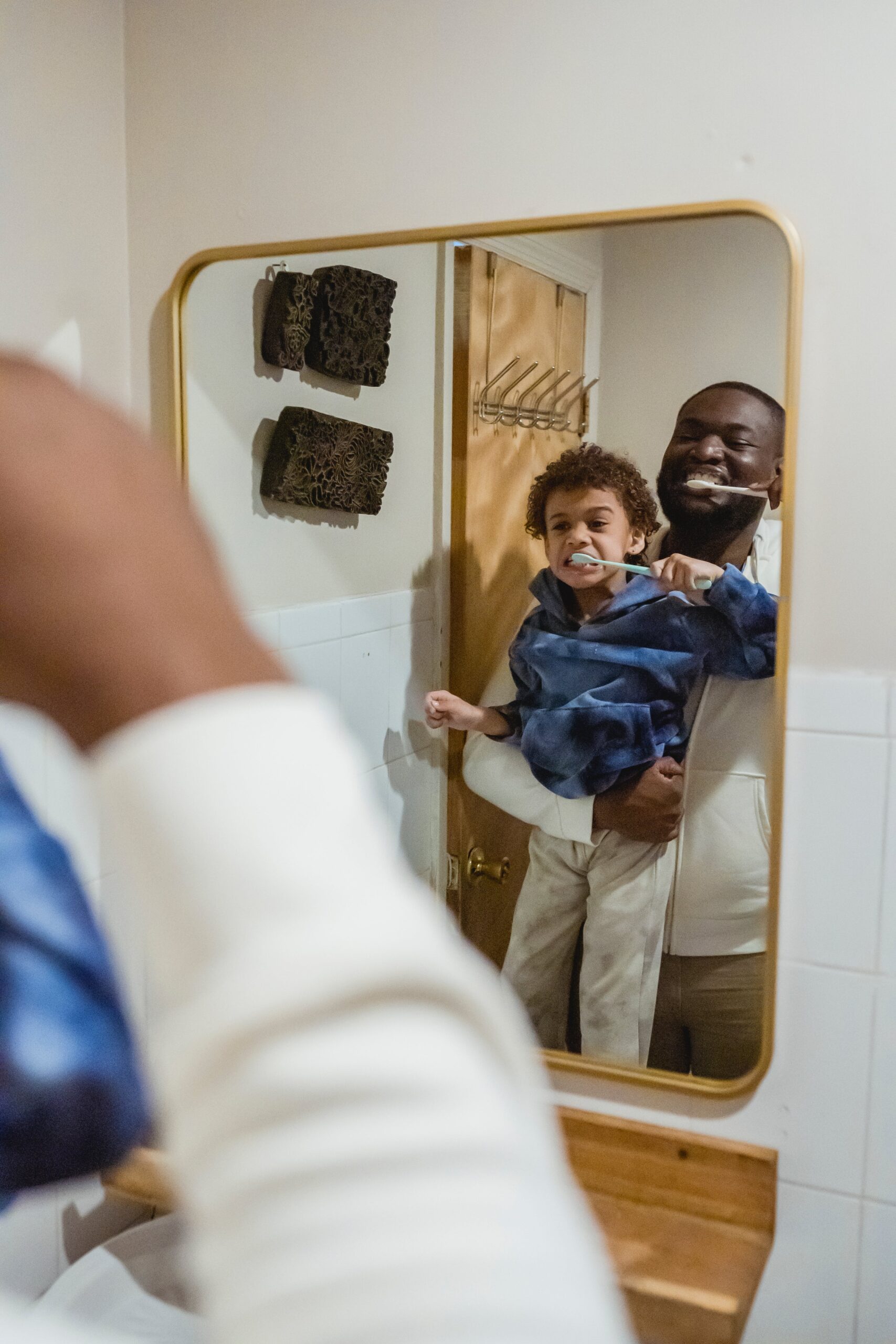It's Okay to Say "No"
There is a lot of controversy in the world today surrounding discipline and consequences regarding children. There is no one size fits all, and every child is different. Some children may respond better to a harsher approach, while others react to reasoning, and others may need a gentler approach. Each parent/guardian must determine what works best for their family. However, it is okay to say "no." Children thrive when they have expectations, routines, consistency, rules, and consequences. I have worked with youth in many settings as an Educator, Behavior Interventionist, School Counselor, and Outpatient Therapist. Most youth will tell me they like to know their schedule, what they are doing, and if things change. They also tell me it's confusing when parents/guardians aren't consistent with making them follow the rules, don't follow through with consequences, or don't know the consequences. My experience with youth tells me young people feel less anxious when aware of the expectations.
There is a lot of controversy in the world today surrounding discipline and consequences regarding children. There is no one size fits all, and every child is different. Some children may respond better to a harsher approach, while others react to reasoning, and others may need a gentler approach. Each parent/guardian must determine what works best for their family. However, it is okay to say "no." Children thrive when they have expectations, routines, consistency, rules, and consequences. I have worked with youth in many settings as an Educator, Behavior Interventionist, School Counselor, and Outpatient Therapist. Most youth will tell me they like to know their schedule, what they are doing, and if things change. They also tell me it's confusing when parents/guardians aren't consistent with making them follow the rules, don't follow through with consequences, or don't know the consequences. My experience with youth tells me young people feel less anxious when aware of the expectations.
Routines are essential because they create a safe zone where children know what is expected. Sometimes, things pop up out of the impending routine. When that happens, it is essential to share the change with your children and explain why there has been a change and that sometimes you can do nothing about disrupting the schedule. You can provide them with coping skills needed for self-regulation if they become uneasy about the change in routine.
Consistency is important to children because they know what is going to happen. They don't feel they are in a chaotic cycle when the expectations and consequences in their life are consistent. Young people have mentioned how frustrated they become when they don't follow the rules and one time get a consequence, but maybe not the next time if they do the same unexcepted behavior. Consistency allows children to feel safe and secure while knowing what to expect. It also helps them to foster skills for their adult lives.
Rules: kids like to know what the rules are. They also like to be a part of creating rules. Each family can decide what rules fit their family dynamic, but having children participate in the rule’s discussion gives them more buy-in. I suggest a family meeting to create rules, boundaries, and a space to discuss expectations openly. Check-ins can be helpful to have everyone have a voice on how things are going and if anything needs to be added or taken away. The check-ins allow everyone to be on the same page, know the expectations, and voice opinions while having the buy-in of the family rules/consequences. Allowing children to be heard and validated in these situations helps them feel like a part of the family unit. It may allow for deeper communication as they grow into adolescents and young adults.
Consequences are essential to have in place so children know if they have made a mistake or broken a rule, they will have to serve the time. It is vital to have the consequence fit the crime. If a young person is grounded for several weeks for a minor infraction, it may not prevent them from making that choice again or possibly worse decisions. They may say, "I was grounded for three weeks for forgetting to take out the garbage or being five minutes late for curfew, then who cares if I do…., because I will have to suffer endlessly anyway". However, if consequences are made and explained that fit the unexcepted behavior, children may be less likely to repeat the offense. Children who don't have consequences or aren't told "no" may have a more difficult time in school, have more behavior referrals, and may make poor adolescent choices that can harm them. As parents/guardians teaching your children, they have consequences for their actions that set them up for success as an adult, in their careers, and in their relationships.

Remember, it's okay to say "no," and It's okay to make mistakes as parents/guardians. No guide tells you how to raise your child. There are many parenting books and advice on what to do and how to do it, but at the end of the day, you are the captain of your family's ship and can decide how to navigate rough waters. If you are struggling with the stress of parenting, many local therapists would be happy to assist you, and it is okay to reach out and ask for help.

